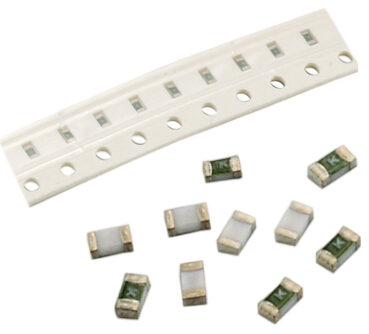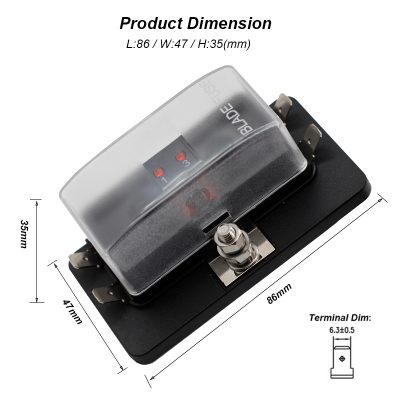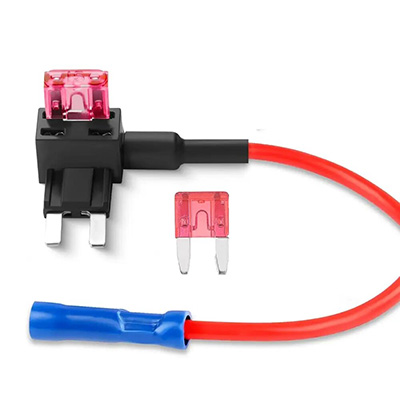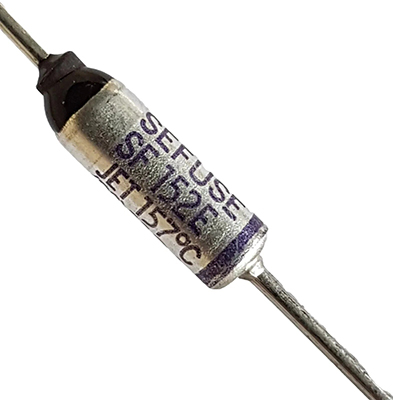Achieving Long-Lasting Performance with Automotive Current Fuses: An In-Depth Examination of Durability and Efficiency in Vehicle Systems
News 2025-10-24
In the automotive industry, current fuses are vital components that safeguard electrical circuits from overcurrent damage, ensuring vehicle reliability and safety. These fuses act as the first line of defense against short circuits and overloads, which can lead to fires or system failures. With a focus on durable performance, modern automotive current fuses are engineered to endure extreme conditions such as high temperatures, vibrations, and moisture. This resilience not only minimizes downtime but also supports the integration of advanced technologies like electric powertrains and autonomous driving systems, where consistent electrical protection is paramount.

Key Applications in Automotive Systems
Automotive current fuses find extensive use in critical areas such as engine management, battery protection, and infotainment systems. In electric vehicles, they are essential for safeguarding high-voltage components, including inverters and charging ports, against sudden surges. Their durable design allows them to perform reliably in demanding scenarios, like off-road driving or extreme weather, where exposure to dust, water, and thermal fluctuations is common. This makes them indispensable in safety features such as electronic stability control and advanced driver-assistance systems, where any failure could compromise vehicle operation.
Performance Advantages of Durable Fuses
Durable automotive current fuses provide significant benefits through enhanced material composition and precise engineering. They offer quicker response times to overcurrent events, reducing the risk of damage to sensitive electronics. Constructed from robust materials like high-grade metals and ceramics, these fuses resist corrosion and mechanical wear, leading to extended service life. In practical terms, this translates to better fuel efficiency in conventional vehicles and optimized energy management in hybrids, while their compact size facilitates easier integration into space-constrained designs, improving overall system efficiency without sacrificing protection.
Frequently Asked Questions
1. What factors influence the durability of automotive current fuses?
Durability depends on material quality, manufacturing processes, and environmental exposure, with high-grade alloys and coatings enhancing resistance to heat and vibration.
2. How do durable fuses contribute to vehicle efficiency?
By preventing electrical faults and reducing the need for frequent replacements, they help maintain optimal system performance, leading to better energy use and lower maintenance costs.
3. What role do current fuses play in modern electric vehicles?
They protect high-voltage systems from overloads, ensuring safe operation of batteries and motors, which is crucial for the reliability of electric propulsion systems.


